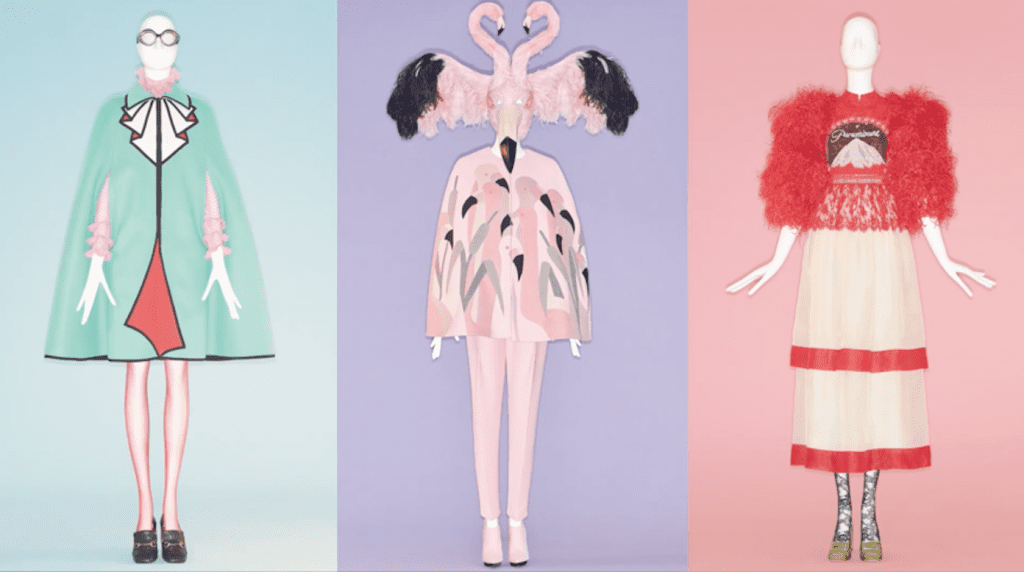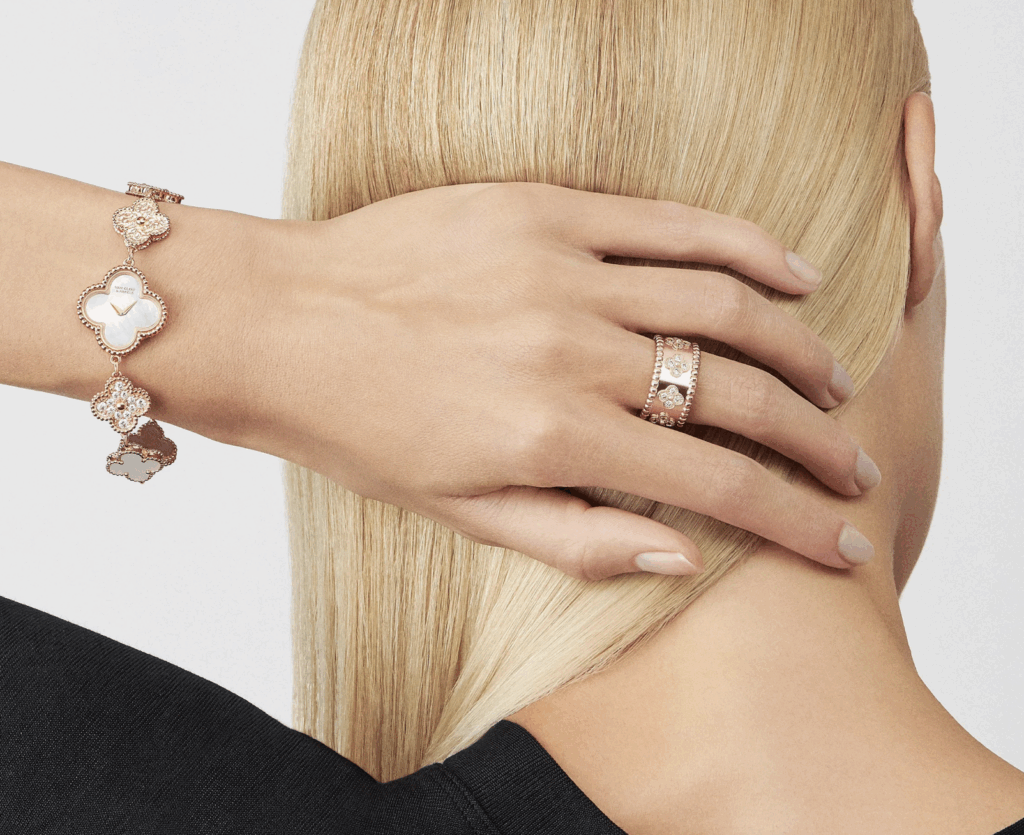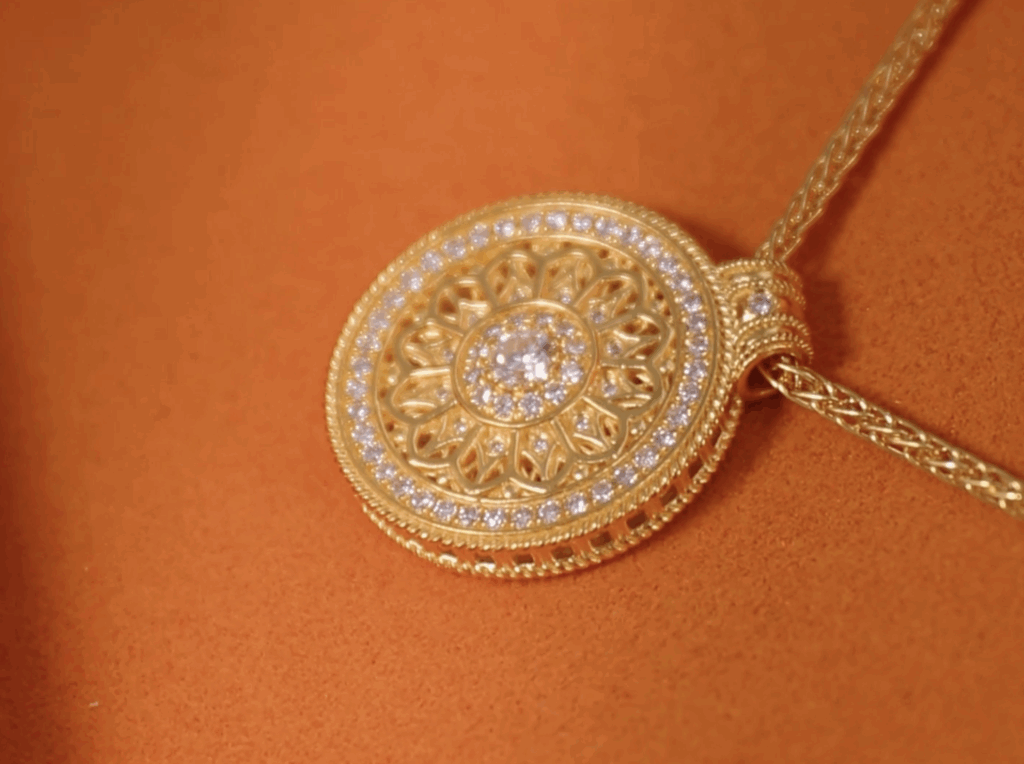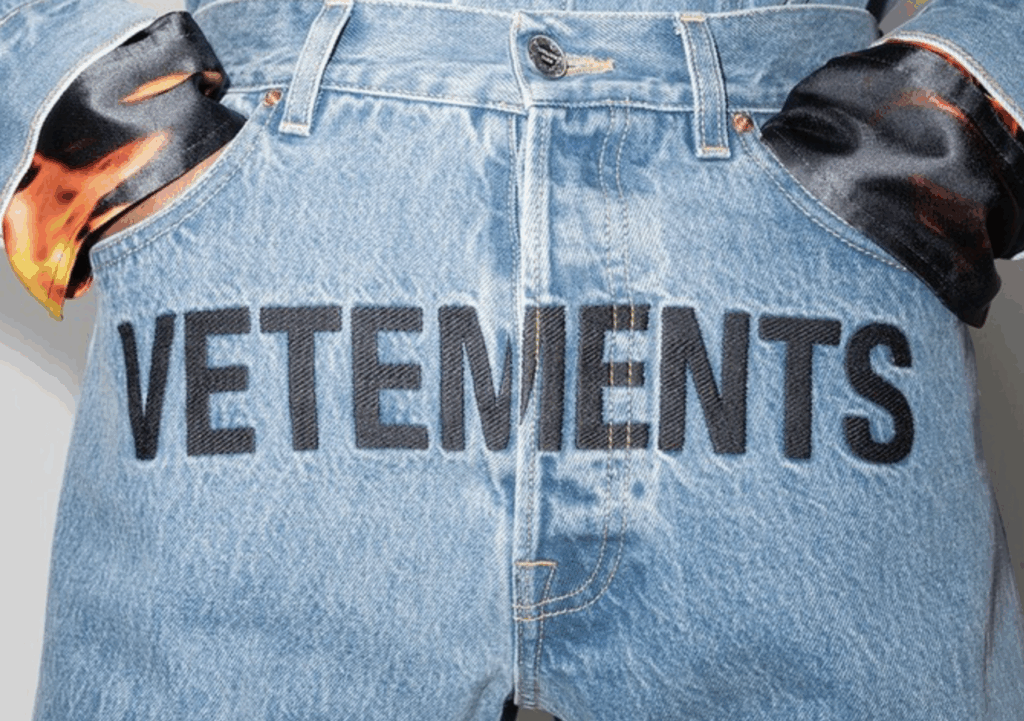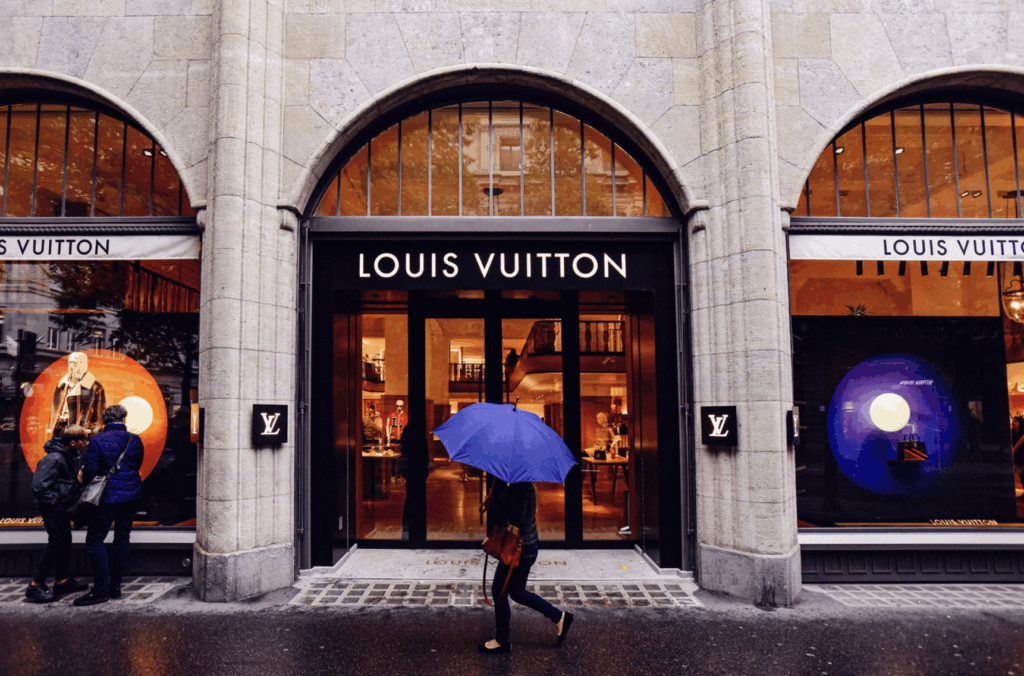Chances are, if guests at Monday evening’s Metropolitan Museum of Art Costume Institute Gala are not wearing Gucci (one of the corresponding exhibition’s key sponsors), they will be wearing looks from the brand that sponsored their attendance. For the uninitiated, the Met Gala ticketing situation works like this: attendees, which are all pre-approved by the event’s chair Anna Wintour, pay between $30,000 and $50,000 for an individual ticket or commit to a minimum of $275,000 for a table for 10.
“While individual tickets are hard to come by,” according to the New York Post, “it’s almost impossible to snag one of the tables (there were 65 last year), which reportedly go for $275,000 but which sources [said] can cost upwards of $500,000. They are typically snatched up by sponsors like Apple and Warner Bros., and fashion houses like Maison Valentino.”
Do Disclosures Belong on the Red Carpet?
With this in mind, when you see a group of models/actresses all wearing one brand, chances are, they are guests of that brand. For instance, in 2017, Ciara, Hailee Steinfeld, Jennifer Hudson, Amber Valetta, Lucky Blue Smith and Pyper America Smith all wore H&M. This is because the Swedish fast fashion – which was one of the sponsors of the Gala that year – dressed them, paid for their tickets (by way of its table), and may have even paid them to attend.
That same year, Stella McCartney came with actresses Kate Hudson and Naomi Watts in tow. Calvin Klein’s Raf Simons attended with Julianne Moore, Gwyneth Paltrow, A$AP Rocky, Paris Jackson, and Bill Skarsgård. In 2015, Kate Hudson, Hailee Steinfeld, Elizabeth Banks, Candice Swanepoel, Liu Wen, Gao Yuanyuan, Gemma Ward, Fei Fei Sun, and Grace Coddington all wore Michael Kors creations, as indicated on the brand’s website.
The list goes on similarly in this manner.
Interestingly, although unsurprisingly, such endorsement-style connections are almost never disclosed by way of brands’ websites and/or the brands/celebrities’ social media accounts when they post about the event (raising truth-in-advertising and Federal Trade Commission (“FTC”) concerns).
Such disclosure-less appearances by celebrities and models in branded garments on the red carpet are coupled with the back-door deals upon which the Gala relies. For instance, things get even murkier when Vogue spreads and advertisements get thrown into the mix.
According to the New York Post, “Sponsors like Yahoo, which ponied up $3 million for two tables at the 2015 gala, typically underwrite the party and museum exhibit. And they’re usually in with Vogue. Yahoo CEO Marissa Mayer appeared in a 2013 Vogue article and shoot. Apple, which was a sponsor in 2016 and is again this year, purchased a 12-page spread in the March 2015 issue of Vogue, valued at more than $2.2 million.”
It is precisely these otherwise unexpected connections that the FTC considers important and in need to proper disclosure. The government agency has, on more than one occasion, emphasized the need for both brands and endorsers to abide by its disclosure guidelines, which state that if there is a “material connection” between an endorser and an advertiser (i.e., a connection that might affect the weight or credibility that consumers give the endorsement) that connection must be “clearly and conspicuously” disclosed.
According to Venable’s Daniel S. Blynn, a partner in the firm’s national Advertising and Marketing Practice, the FTC’s rules almost certainly apply to the Met Gala, just as they apply to other red carpet events. “The [FTC’s] Guides suggest that the celebrity should disclose his or her material connection to the advertiser,” he says, including in connection with a runway appearance and corresponding social media promotion.
Such a material connection could very well be deemed to arise from a brand providing a celebrity or model with a comped ticket, although it is worth noting that the language surrounding such a scenario is arguably a bit tricky.







